Ukrainians deserve better than a ‘dirty deal’ with Putin
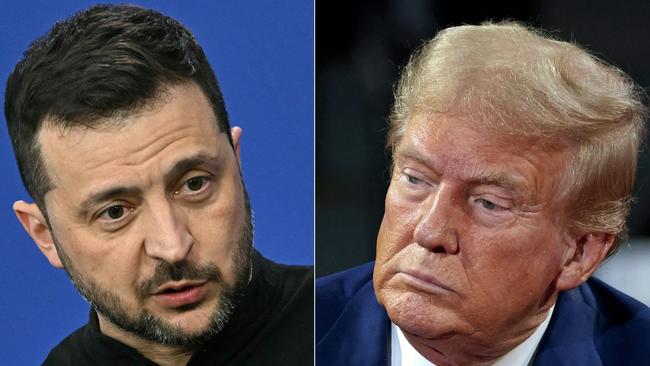
It has been obvious for months that President Vladimir Putin has won his gamble to show that he is tougher and nastier than the decadent West.
The European nations, amid economic woes much influenced by energy costs, are desperate to get Russian oil and gas flowing their way again. They are frankly bored with Ukraine.
Moreover, surprising people in Washington, London and elsewhere are murmuring: “Why are we keeping this thing going when there’s no hope of a Ukrainian victory?” Last Wednesday I heard a British general say just that, and recently an impeccably liberal commentator sang the same song to me.
Some of us who are unwavering supporters of Ukraine have been exasperated by the conservative big-mouths who since 2022 have predicted Russia’s collapse. I have never met a responsible soldier on either side of the Atlantic who supposed that Ukraine could achieve an absolute win over this vastly bigger nation, whatever weapons we give it.

That is why I predicted that the war would end in a dirty deal and why – very unhappily – I still expect that.
Ukraine is now in much the position of Finland in March 1940: almost on the ropes, after a heroic resistance to Soviet aggression. Instead of blaming Trump, we should consider what should matter most to Ukrainians and to all lovers of freedom, if and when there is an Apprentice-driven negotiation.
Last month Putin said there would be no trades; that he would have peace on his own terms or not at all. Does he mean this and, if so, what will those terms be?
The Russians hold one-fifth of Ukraine’s 2014 sovereign territory. There is no prospect of them yielding their bloodstained gains. They have inflicted on President Volodymyr Zelensky’s land devastation that will cost hundreds of billions to make good, not a rouble of which will come from Moscow. No Russians will be indicted for their numerous war crimes.
Putin did not go to war merely to add land to his own empire. He was motivated chiefly by refusal to tolerate a relatively large, successful, democratic and – worst of all – independent nation next door. He remains determined on creating a servile neighbourhood, and this is a major obstacle to a ceasefire.
Putin will not only reject any outcome that admits the possibility of Ukraine joining NATO, he also will seek to veto its EU membership. His starting price for any agreement will be that Zelensky’s land should become neutral. This means vulnerable to future predation, when Russia’s President or his successor deems the moment opportune.
Our foremost purpose must be to frustrate such an endgame.
However shameless is the West, and especially Europe, unless we have abandoned all claims to decency and even self-interest we must insist on military guarantees for Ukraine’s future – and mean them.
The seven million people who have quit the country since the start of its rape will go home only if there is something to return to, not the rubble-ridden bombing range the Russians have created.
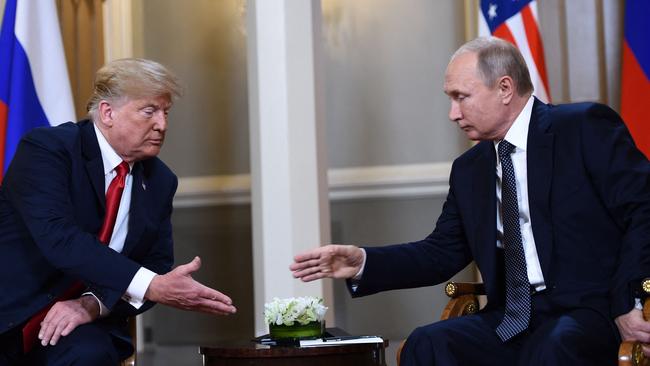
Moscow’s terms for a ceasefire also will include withdrawal of economic sanctions; the readmission of Putin to international forums such as the G7. It will be abhorrent to see this killer rejoin polite society, but last month he secured a substantial turnout for his own BRICS summit in Kazan, including the secretary-general of the UN.
Much of the world – not only Putin’s avowed allies – rejects the Western democracies’ Janet-and-John view, that we represent virtue while the Russians represent evil. Many people demand: what about Vietnam, Iraq, Afghanistan and other places?
A friend recently met a relatively respectable African leader whom he asked why he was not supporting us on Ukraine. His host demanded in response: “What is the difference between what the Russians are doing to the Ukrainians and what the Americans are arming the Israelis to do to Gaza?”
I am not here seeking to ignite that argument, merely remarking that much of the world does not see the cause of Zelensky’s people as the moral crusade we envision.
Even before any truce talks, we should consider how we got here. It was never plausible to empower the Ukrainians to escalate without limit against a nuclear-armed Russia led by a man such as Putin.
Since 2022 the Europeans have made promises to Kyiv about weapons, many of which have gone unfulfilled, not least by the British, so mistakenly complacent about our contribution.
Boris Johnson emptied the British Army’s arsenals to send aid, but he and his successors declined to take the vital consequential step of writing the big cheques necessary for their replenishment.
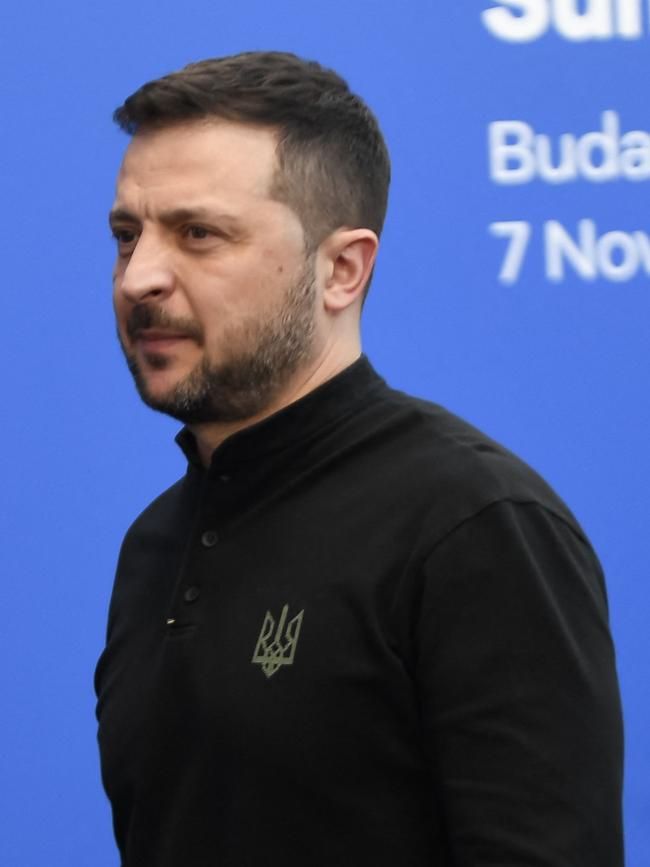
Like other European leaders, no British prime minister has proved willing to ask their voters to accept sacrifices for Ukraine.
Although some aid has flowed, we have left the US to take most of the strain, to the tune of $175bn.
Trump is right about one big thing: for many decades, Europeans have relied on the Americans to provide most of our security. Who can be surprised that they have now had enough? On this issue, the future would be little different had Kamala Harris won the presidency.
It will be a challenge for both Ukraine and the Western allies to find an exit from the war that is not a surrender to Putin.
To that end it is vital to continue to arm and fund Zelensky’s people, who deserve so much from us and receive so relatively little. Only if Putin is suffering battlefield pain may he concede some fraction of justice.
Putin is already testing Europeans through deniable acts of terrorism and finding us supine.
With the notable exceptions of the Nordic states and Poland, continental Europe has embraced an almost explicitly pacifist approach. Most believe that no cause, even their own polities, is worth expensive state violence to defend. There will be no reason for Trump and his admittedly terrifying associates to treat Europe with respect if we continue to prostrate ourselves in the path of both friends and foes.
The Sunday Times

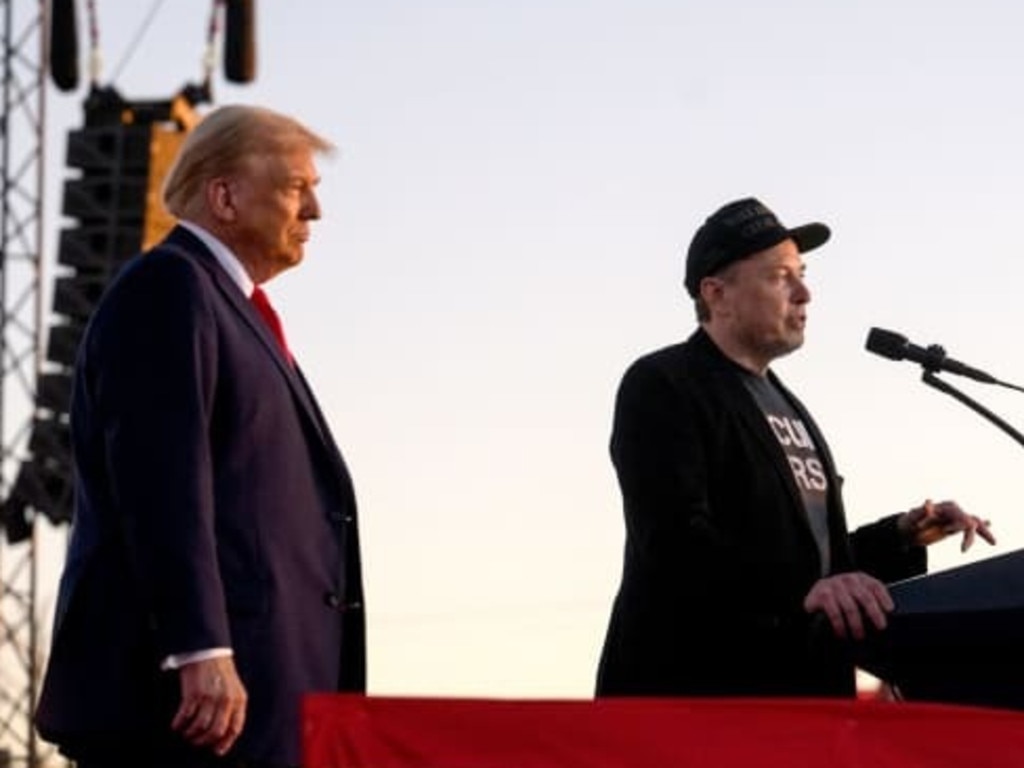
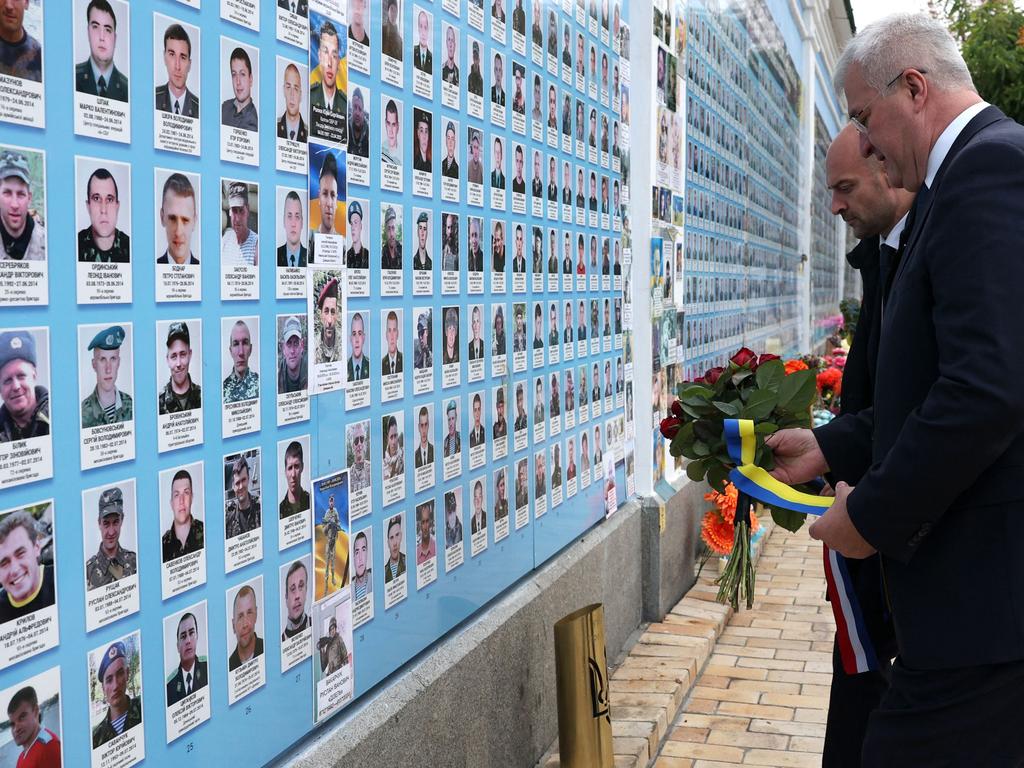



Most European governments hate and fear Donald Trump. Yet though nobody would say so, they see one big reason to welcome him into the White House. He will get them off the hook in Ukraine and take most of the blame for its betrayal.